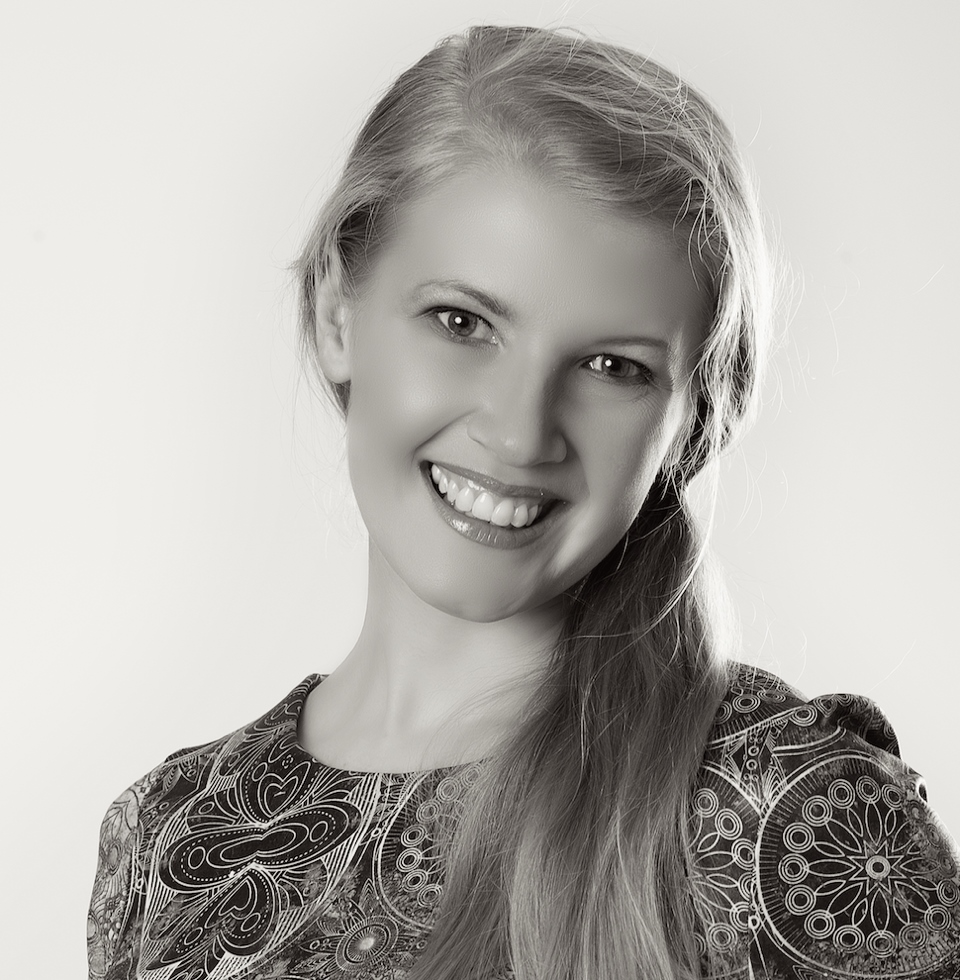
SCSB Lunch Series - Ev Fedorenko, Ph.D.
Description
Date: Friday, July 7, 2017
Time: 12:00pm – 1:00pm
Speaker: Ev Fedorenko, Ph.D., Assistant Professor, Department of Psychiatry, HMS; Associate Researcher, MGH; Research Affiliate, Department of Brain and Cognitive Sciences, MIT
Talk title: A search for candidate brain-based biomarkers of autism
Abstract: I will talk about two lines of work aimed at discovering brain-based biomarkers of autism.
1. One of the few replicated functional brain differences between individuals with autism spectrum disorders (ASD) and neurotypical (NT) controls appears to be reduced lateralization of language (e.g., Lindell & Hudry, 2013). However, most prior reports have examined differences between ASD and NT individuals at the group level, making interpretation difficult. Using a validated fMRI measure of language lateralization, which is robust at the individual-subject level (Mahowald & Fedorenko, 2016), we compared the degree of lateralization between 28 ASD participants and pairwise-matched NT participants. ASD participants showed less lateralized language responses (due to more robust right hemisphere activations). We then asked whether reduced language lateralization is an endophenotype of disrupted neural development that is associated with autism-related features in NT participants. Indeed, we found that autistic trait load was associated with more bilateral language activations in a set of 139 NT participants. Furthermore, NT male participants (n=42) showed more bilateral language activations than matched (including for autistic trait load) NT female participants, in line with a higher incidence of autism in males. In tandem, these results suggest that reduced lateralization of the language system is a robust neural marker of autism, present in both NT males and NT individuals with high autistic trait load, in line with the complexity of the genetic basis of autism with numerous genes implicated, and each gene explaining only a small proportion of variance.
2. When we understand language, we flexibly use our knowledge of the speaker’s mental states (e.g., Brennan et al., 2010). Do we also keep track of what other listeners do or do not understand? In an ERP study, Rueschmeyer et al. (2015) observed that when a listener knows that a co-listener cannot understand the utterance (e.g., “The girl had a beak and yellow feathers”) because they are lacking the relevant context (e.g., “The girl dressed up as a canary for Halloween”), they show a marker of comprehension difficulty: an N400 effect (Kutas & Hillyard, 1980) to a word (“beak” in the example above) that makes sense to the listener, but not to the co-listener. We term this effect the Social or Empathetic N400. Across two ERP experiments with NT participants, we (i) replicate the Social N400 effect, (ii) show that it obtains spontaneously in the presence of a (confused) co-listener (cf. explicit instructions to think about the co-listener’s mental state in Rueschmeyer’s study), and (iii) show that the magnitude of this effect is related to social abilities. In an ongoing study with ASD participants, we are testing whether the social N400 effect may be reduced or absent.

